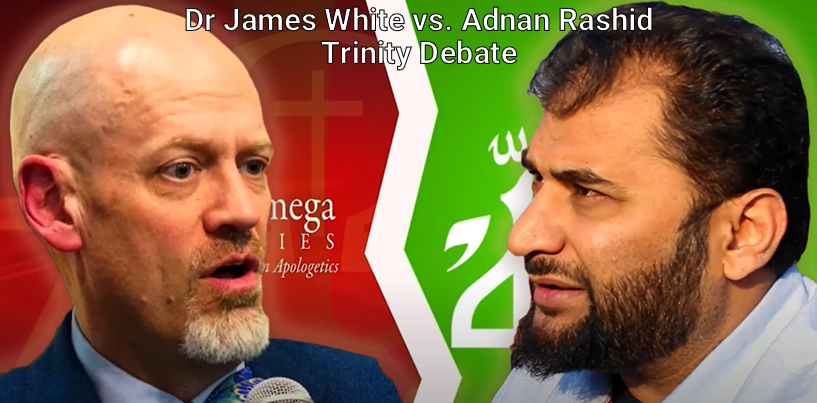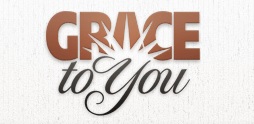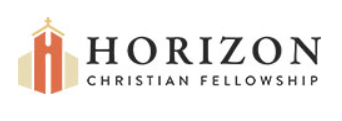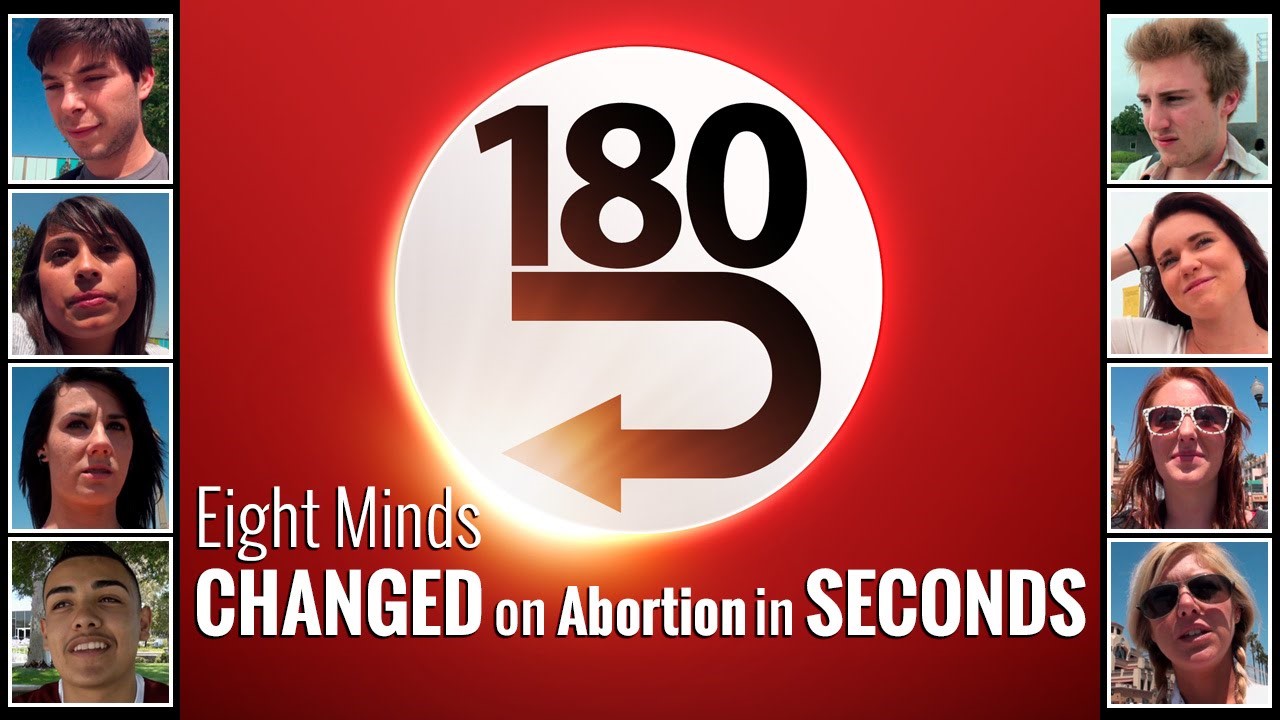Reflections on the Baptist Confession of Faith of 1689
23 Aug 14 began a perhaps unbroken, orderly, and personal journey through my favorite written confession of faith. These are my personal reflections on this beloved historic Particular Baptist confession of the Christian Faith.
NEXT-
Chapter 30. Of the Lord’s Supper. Paragraph 3: “The Lord Jesus hath, in this ordinance, appointed his ministers to pray, and bless the elements of bread and wine, and thereby to set them apart from a common to a holy use, and to take and break the bread; to take the cup, and, they communicating also themselves, to give both to the communicants.”
From the start of Christ’s New Covenant religion, everyone both ate and drank of the elements at the Lord’s Supper. And what a glorious reminder of life in every bit of Christ it is, his body and his blood! If people could not attend service, the elements (bread and wine) would be taken to them in their homes no doubt along with words of teaching and prayer, served, and any unused elements fed to the birds or tossed out.
Well, in some places, as with Nehushtan (see 2 Kings 18:4) what was made holy became profane in sin. What was sacred becomes a snare. Superstition is a terrible deity.
Everything is a matter of prayer. In the administering of Christ’s works in the church, this is only all the more sure. The part said where it reads: “…communicating also themselves…” is important. The people of faith are each to, “…take, eat…” Matthew 26:26. We can do this in several ways and intervals as often as we do it, but we are each to do it if we believe. I love the way my first real church did this when the people would all get up in rows weekly and move to the front each pulling off a small section of bread from large loaves in the hands of the men who led us (long long pre-COVID stupidity, right?!?!) move on to receive a small cup from another, stopping in groups or alone to partake, and then swinging by placed trash cans on their way back to their seats to drop off their cups. It was nice. We’d hug, smile, chat, be silent, or cry on our way up together. It was in beautiful order often with some soft music playing. It was neither funeral feeling or a party. It was a remembrance of why we’re alive…in light of our Savior’s death and Resurrection. I looked forward to it each week.
The Day of Pentecost in AD 30 was without question the single largest day in the New Testament (and I’d argue the Old Testament as well) church’s history. Second to it, perhaps whatever day we choose to celebrate it as, the Protestant Reformation would be second. Most commemorate 31 Oct 1517, of course, as the start of the Reformation in Germany for good reason. Not long after that date, it was an absolute scandal that one of Luther’s cohorts, a troubled professor named Andreas Karlstadt, was to offer the table to all the people in both elements. People showed up in droves we’re told. For a wonderful talk including this subject, see Dr. James White’s sermon preached from the very spot in Wittenberg where this took place here. See, in the beliefs of some, the elements had somehow become Jesus’ actual body and blood even said to be worthy of true worship. No. Not on your life. Anyone who teaches that the elements are more than elements has a strange and un-biblical intrusion at work in their beliefs at best. Anyone who demands all to accept it at the price of fellowship is a devil.
I am sympathetic to those I feel are in error on this. Many in history have had adiaphora levels of difference, I say, on the degree of the spiritual nature of the elements at the Lord’s Table. I am a memorialist believing that the graces communicated (there are) in this ordinance while high and very special are ultimately akin to all the other graces communicated in all other acceptable Christian works. Treatments about why we must approach it in worthy manner deal with the summary fashion of this blessed ordinance observed. Like baptism, this work says a lot about us. Others have introduced formal heresies in it and should be silenced. In any case, all should eat or drink both elements in faith. We should welcome only believers to these elements, just as we should with baptism, evangelism, church membership, financial offerings, leadership roles, prayers in church, ushering, singing with the people, or elementary school kid teaching, etc.
This section of the confession simply seeks to affirm that what Christ ordained was that all his people were to both eat and drink of the elements. In superstitious history, the priests alone would drink the cup and only offer the bread to the laity. This is not what Jesus ordained with his disciples. We’re to both drink and eat. In modern Romanism still, its priests alone most often drink. I mean, you can’t spill Jesus’ actual blood they say! Thankfully, throughout history, better hearts have prevailed in churches around the globe. It’s not his blood; it’s a symbol of it. Jesus’ blood can’t be spilled. Period He’s Ascended. His body cannot be broken. Period. He’s Ascended. Now, we celebrate that fact in our Lord’s Tables…in both elements.







